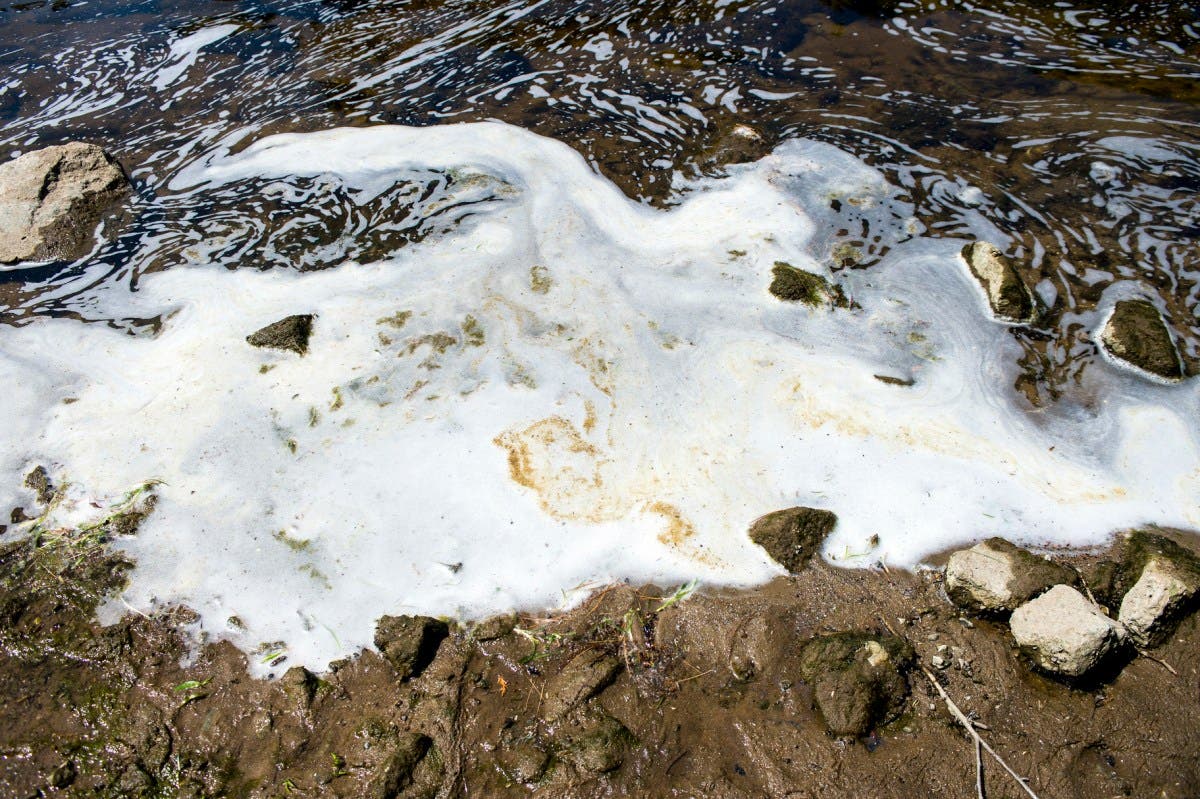Home / Environment / Military Bases Delay PFAS Cleanup, Risking Public Health
Military Bases Delay PFAS Cleanup, Risking Public Health
19 Oct
Summary
- Department of Defense delays PFAS cleanup at over 100 military bases
- PFAS chemicals linked to cancer, immune system issues, and other health problems
- Experts warn of ongoing impact on neighboring communities' health

As of October 19th, 2025, the U.S. Department of Defense (DOD) has delayed the cleanup of PFAS chemicals at more than 100 military bases across the country. PFAS are a group of synthetic chemicals known as "forever chemicals" due to their persistence in the environment, and have been widely found to contaminate drinking water systems near military installations.
These chemicals, classified as a Group 1 carcinogen, have been associated with a range of health problems, including increased cholesterol, immune system changes, liver damage, and increased risk of certain cancers, thyroid disease, and asthma. Despite this, the DOD has pushed back the original 2025 deadline for completing PFAS cleanup at these sites.
Experts have expressed grave concern over this delay, warning that the health of neighboring communities is already being impacted. The DOD claims the timeline is dictated by cleanup laws, but also cites an "evolving understanding" of PFAS conditions at military bases. However, some suggest the delay is a result of funding cuts to key environmental protection programs within the department.
Advertisement
Regardless of the reason, the continued presence of these toxic chemicals poses a serious threat to public health. The DOD must prioritize the cleanup of PFAS contamination and work transparently with affected communities to mitigate the long-term consequences of this delay.



